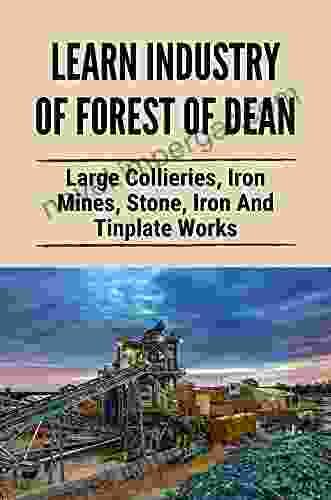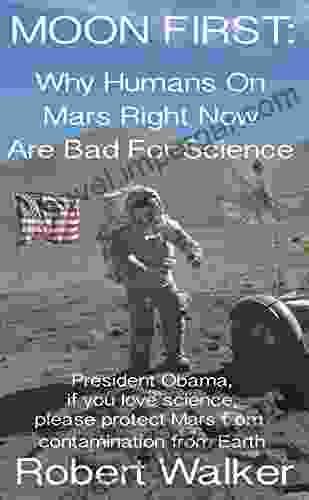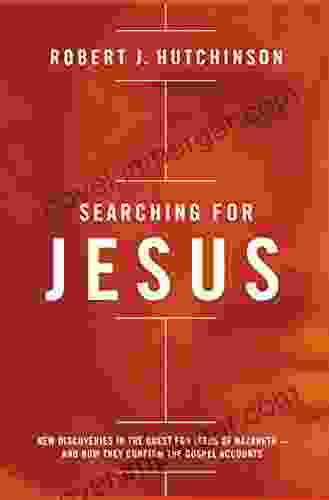Moon First: Why Humans on Mars Right Now Are Bad for Science

4.7 out of 5
| Language | : | English |
| File size | : | 12270 KB |
| Text-to-Speech | : | Enabled |
| Screen Reader | : | Supported |
| Enhanced typesetting | : | Enabled |
| Word Wise | : | Enabled |
| Print length | : | 370 pages |
| Lending | : | Enabled |
Humans on Mars right now would be bad for science. Here's why.
The Moon is the closest celestial body to Earth, and it is our natural stepping stone to Mars and beyond. By sending humans to the Moon first, we can learn how to live and work in space, and we can develop the technologies that we need to travel to Mars and other planets.
There are several reasons why humans on Mars right now would be bad for science. First, Mars is a very hostile environment. The atmosphere is thin and composed mostly of carbon dioxide, the surface is covered in dust and rocks, and the temperatures can range from -150 degrees Celsius to +20 degrees Celsius. Humans would need to wear spacesuits at all times, and they would be at risk of radiation exposure and other health problems.
Second, Mars is a very long way from Earth. It takes about nine months to travel to Mars, and it would take another nine months to return. This would make it very difficult to conduct scientific research on Mars. Scientists would need to spend years on the planet, and they would be at risk of boredom and isolation.
Third, Mars is a very expensive place to send humans. It would cost billions of dollars to send a single human to Mars, and it would cost even more to send a team of humans. This money could be better spent on other scientific research, such as research on climate change or cancer.
For all of these reasons, humans on Mars right now would be bad for science. It is better to wait until we have developed the technologies that we need to travel to Mars safely and efficiently. In the meantime, we can continue to send robots to Mars to explore the planet and learn more about it.
The Benefits of Sending Humans to the Moon First
There are several benefits to sending humans to the Moon first. First, the Moon is much closer to Earth than Mars, so it would be much easier to send humans there and back. Second, the Moon's environment is much more hospitable than Mars's, so humans would be able to live and work there without spacesuits.
Third, the Moon is a very interesting place to explore. It has a unique geology, and it may contain evidence of past life. Sending humans to the Moon would allow us to learn more about the Moon and about our place in the universe.
Finally, sending humans to the Moon would inspire the next generation of scientists and engineers. It would show them that anything is possible, and it would encourage them to pursue careers in STEM fields.
Humans on Mars right now would be bad for science. It is better to wait until we have developed the technologies that we need to travel to Mars safely and efficiently. In the meantime, we can continue to send robots to Mars to explore the planet and learn more about it. Sending humans to the Moon first would be a more beneficial and cost-effective way to advance our knowledge of space.
4.7 out of 5
| Language | : | English |
| File size | : | 12270 KB |
| Text-to-Speech | : | Enabled |
| Screen Reader | : | Supported |
| Enhanced typesetting | : | Enabled |
| Word Wise | : | Enabled |
| Print length | : | 370 pages |
| Lending | : | Enabled |
Do you want to contribute by writing guest posts on this blog?
Please contact us and send us a resume of previous articles that you have written.
 Book
Book Novel
Novel Page
Page Chapter
Chapter Text
Text Story
Story Genre
Genre Reader
Reader Library
Library Paperback
Paperback E-book
E-book Magazine
Magazine Newspaper
Newspaper Paragraph
Paragraph Sentence
Sentence Bookmark
Bookmark Shelf
Shelf Glossary
Glossary Bibliography
Bibliography Foreword
Foreword Preface
Preface Synopsis
Synopsis Annotation
Annotation Footnote
Footnote Manuscript
Manuscript Scroll
Scroll Codex
Codex Tome
Tome Bestseller
Bestseller Classics
Classics Library card
Library card Narrative
Narrative Biography
Biography Autobiography
Autobiography Memoir
Memoir Reference
Reference Encyclopedia
Encyclopedia Sanjay D
Sanjay D Sandi Kahn Shelton
Sandi Kahn Shelton Shandon Fowler
Shandon Fowler Thomas J Baldino
Thomas J Baldino Rodney Crowell
Rodney Crowell Zeev Zalevsky
Zeev Zalevsky Sarah Kornfield
Sarah Kornfield Robin Fleming
Robin Fleming Rob Plevin
Rob Plevin Tim Short
Tim Short William J Mitchell
William J Mitchell Robert L Lippson
Robert L Lippson Richard Henry Dana
Richard Henry Dana Rudra Sil
Rudra Sil Richard J Sundberg
Richard J Sundberg Will Hanley
Will Hanley Jerome Preisler
Jerome Preisler Robert Vargas
Robert Vargas Sister Renee Pittelli
Sister Renee Pittelli Setrag Manoukian
Setrag Manoukian
Light bulbAdvertise smarter! Our strategic ad space ensures maximum exposure. Reserve your spot today!

 Felipe BlairTerry And The Pirates Comics V1 10: A Timeless Treasure for Adventure Seekers...
Felipe BlairTerry And The Pirates Comics V1 10: A Timeless Treasure for Adventure Seekers... Danny SimmonsFollow ·19.5k
Danny SimmonsFollow ·19.5k Louis HayesFollow ·16.3k
Louis HayesFollow ·16.3k Raymond ParkerFollow ·16.5k
Raymond ParkerFollow ·16.5k Stuart BlairFollow ·4k
Stuart BlairFollow ·4k Robbie CarterFollow ·17.5k
Robbie CarterFollow ·17.5k Jason HayesFollow ·5.4k
Jason HayesFollow ·5.4k Manuel ButlerFollow ·14.3k
Manuel ButlerFollow ·14.3k Desmond FosterFollow ·3k
Desmond FosterFollow ·3k

 Colt Simmons
Colt SimmonsLarge Collieries Iron Mines Stone Iron And Tinplate...
Step back in time and witness...

 Zachary Cox
Zachary CoxUnlocking the Secrets of Woody Plants: An In-Depth...
: Embark on a captivating journey into the...

 Yasunari Kawabata
Yasunari KawabataIntroducing 'Librarian Guide: 3rd Edition' – The Ultimate...
In the dynamic and ever-evolving...

 Jerome Blair
Jerome BlairEvading Honesty: A Masterful Exploration of Deceit and...
Prepare to be captivated...

 Timothy Ward
Timothy WardLove Is Real: A Novel of Love, Loss, and the Enduring...
Prepare to embark on a...
4.7 out of 5
| Language | : | English |
| File size | : | 12270 KB |
| Text-to-Speech | : | Enabled |
| Screen Reader | : | Supported |
| Enhanced typesetting | : | Enabled |
| Word Wise | : | Enabled |
| Print length | : | 370 pages |
| Lending | : | Enabled |












